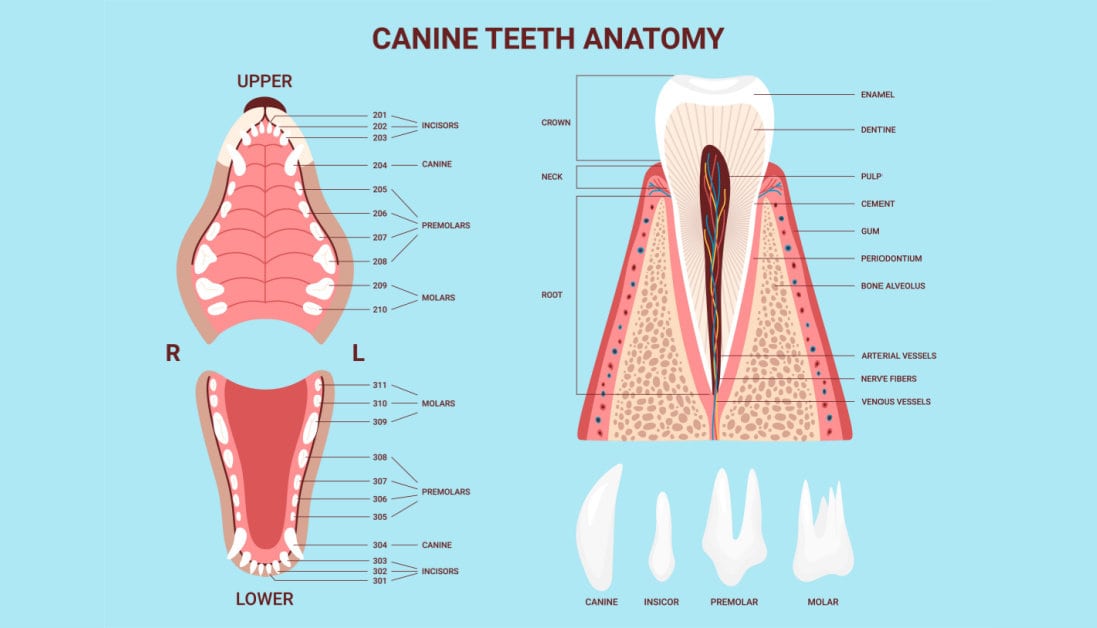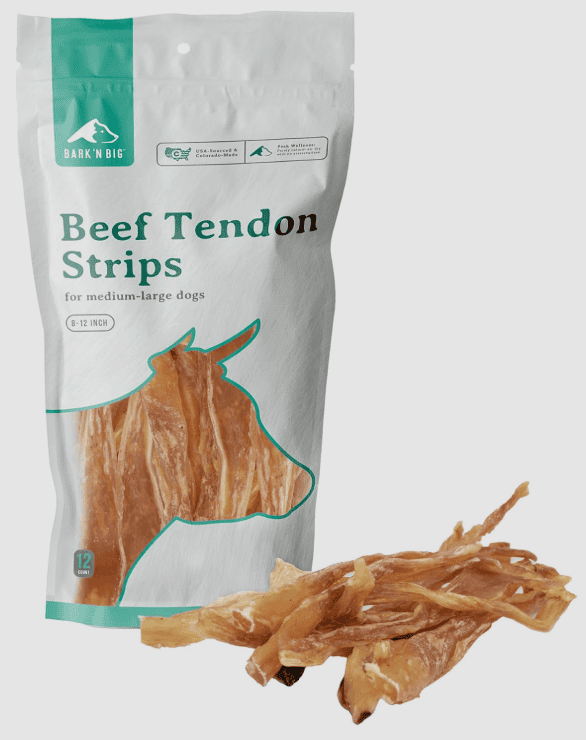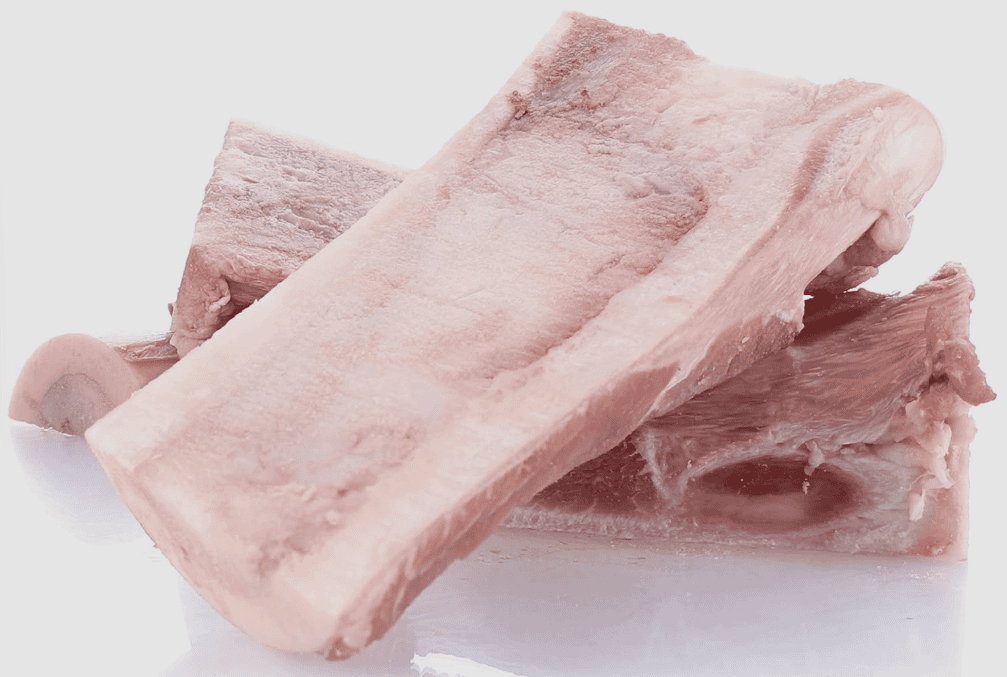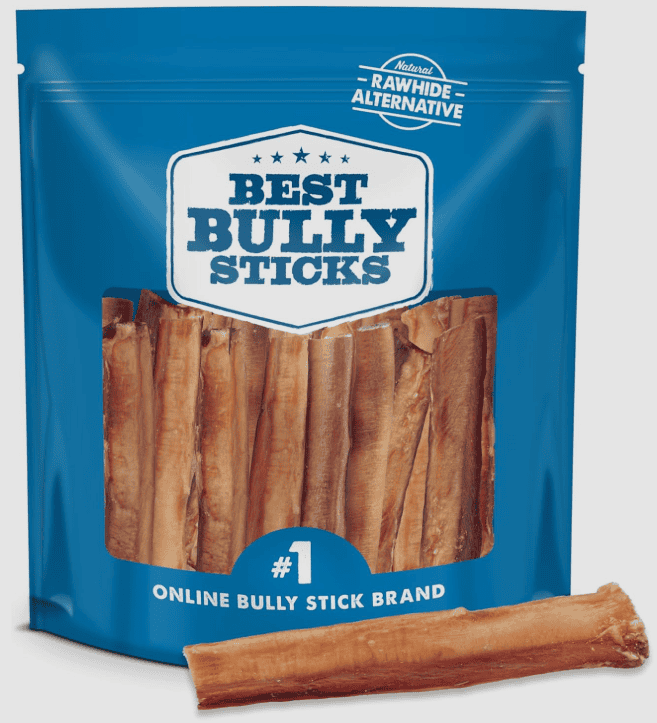Hey there, fellow dog parents! I’m Dr. Candy, your friendly holistic vet. Today, let’s talk about a topic that’s close to my heart – Westie Dental Health. As a vet, I can’t stress enough how crucial oral hygiene is for our furry friends. Dental health is a significant part of overall health, especially for our beloved West Highland White Terriers (Westies).
Westies are known for their playful spirit and adorable white coats, but they are also prone to certain dental health issues. Just like us, their teeth need regular care to prevent problems like gum disease and tooth decay.
But don’t worry, I’m here to guide you through the ins and outs of Westie oral hygiene. We’ll discuss common dental problems, practical dog dental health tips, and even my recommended dental chews and products. So, let’s get started on our journey to ensuring your Westie’s pearly whites stay healthy and strong!

As a veterinarian, it’s my duty to guide you through the health challenges your Westie might face. In this article, we’ll focus on Westie Dental Health, an area often overlooked by pet parents until it’s too late. Let’s get into the tell-tale signs of dental disease in Westies, so you can be proactive in your furry friend’s health.
Signs of Dental Disease
Unpleasant Breath: While it’s common for dogs to have “doggy breath,” a persistent foul odor can be a sign of underlying dental disease. If your Westie’s breath starts to smell unusually bad, it might be time to check their oral health.
Difficulty Eating: Westies are known for their hearty appetite. If your dog shows signs of discomfort while eating or loses interest in their food, it could be due to oral pain from dental issues. Watch out for changes in their eating habits.
Discoloration or Tartar Buildup: Healthy dog teeth should be white or just slightly yellow. If you notice a brownish color or tartar buildup, it’s a clear sign of dental disease. Regular brushing can help prevent this, but once tartar has hardened, professional cleaning might be necessary.
Bleeding Gums: While brushing your Westie’s teeth or playing tug-of-war, you might notice some blood. This could be a sign of gingivitis or periodontal disease. Don’t ignore bleeding gums as they can lead to more serious issues if left untreated.
Loose or Missing Teeth: Adult dogs should have 42 teeth. If your Westie is missing any or if their teeth are loose, it’s a sign of advanced dental disease. At this stage, immediate veterinary attention is required.
Behavioral Changes: Westies are typically lively and energetic. If your dog seems unusually lethargic or irritable, it could be due to dental pain. Keep an eye on their behavior and consult a vet if you notice any drastic changes.
Remember, prevention is always better than cure. Regular brushing, a proper diet, and routine vet check-ups are key to maintaining your Westie’s dental health. Stay tuned as we explore some common dental health issues in Westies and how to address them in the upcoming sections. Your Westie’s bright, healthy smile is worth the effort!
Common Dental Health Issues In Westies
As a veterinarian, I’ve seen my fair share of dental health issues in Westies. This breed is particularly prone to certain conditions that can affect their oral health. Let’s delve into some of the most common ones:
- Periodontal Disease: This is the most common dental problem in Westies, and it occurs when plaque and tartar build up on your dog’s teeth. If left untreated, it can lead to tooth loss and serious health complications.
- Gingivitis: This is inflammation of the gums and is often the first stage of periodontal disease. You may notice your Westie’s gums are red, swollen, or bleeding.
- Tooth Abscess: This painful condition occurs when bacteria infect the root of a tooth, leading to pus accumulation. It can cause severe discomfort and impact your Westie’s overall health.
Understanding these common dental health issues is key to maintaining your Westie’s oral health. Regular dental check-ups, proper diet, and good oral hygiene practices can go a long way in preventing these conditions. Remember, Westie Dental Health is an integral part of your dog’s overall well-being.
Next up, we’ll discuss conventional dental health treatments and their potential health obstacles. Stay tuned!

Conventional Dental Health Treatments
When it comes to maintaining your Westie’s dental health, conventional dental treatments play a vital role. These are typically administered by a professional vet and aim to prevent and treat common dental issues that Westies may face.
Anesthetic Dental Cleanings
The gold standard in conventional dental health care for Westies, and indeed most breeds, is anesthetic dental cleanings. This procedure involves placing your pooch under general anesthesia so that a thorough dental examination and cleaning can be performed.
The process is similar to the dental cleanings we humans receive, but with the added safety measure of anesthesia to prevent any discomfort or stress for your pet. The vet will clean the teeth, gums and mouth, remove plaque and tartar, and check for any signs of oral disease. This procedure is usually recommended to be done annually for optimal Westie dental health.
Potential Individual Health Obstacles
While anesthetic dental cleanings are generally safe, there are certain health obstacles that might make the procedure riskier for some Westies. These include:
- Heart Problems: Westies with heart conditions could face increased risks under anesthesia. Always consult with your vet beforehand.
- Drug Sensitivities: Some Westies might be sensitive to the anesthesia drugs used during the procedure. Your vet should be made aware of any known drug sensitivities your pet has.
- Seizures: If your Westie has a history of seizures, the anesthesia could potentially trigger an episode. It’s crucial to discuss this with your vet.
- Extreme Age: Older Westies could face more risks under anesthesia due to their age and potential underlying health conditions.
These potential obstacles do not necessarily mean your Westie can’t undergo anesthetic dental cleanings; they just mean you and your vet need to take extra precautions. Regular check-ups and open communication with your vet can help ensure your Westie’s dental health is taken care of in the best possible way.
Dr. Candy’s Holistic Approach To Oral & Dental Health
When it comes to Westie dental health, I’m a firm believer in a holistic approach. This means focusing on preventative measures such as a well-balanced diet and the use of oral health specific probiotics. Let’s dive into how these two components can help keep your Westie’s teeth clean and healthy.
Diet- Low Carbs, Avoid Added Sugars, Enzymes In Fresh Food
Firstly, diet plays a significant role in your Westie’s dental health. A diet high in carbohydrates and sugars can lead to plaque buildup and tooth decay. Instead, opt for a low-carb diet for your furry friend. This means avoiding foods with added sugars and focusing on fresh foods rich in enzymes. Enzymes found in fresh foods such as raw fruits and vegetables can help break down plaque and tartar, contributing to a healthier mouth.
- Low-carb foods: These include lean proteins like chicken, turkey, and fish. Vegetables like broccoli, spinach, and kale are also excellent choices.
- Avoid added sugars: Always check the label of your dog food. Many commercial dog foods contain added sugars, which can be harmful to your Westie’s dental health.
- Enzymes in fresh food: Foods like apples, carrots, and celery can help clean your Westie’s teeth naturally. They contain enzymes that help break down plaque and tartar.
Oral Health Specific Probiotics
Next, let’s talk about probiotics. These beneficial bacteria can help maintain a healthy balance in your Westie’s mouth, preventing harmful bacteria from causing dental diseases. I highly recommend Probiora for Dogs, an oral health targeted probiotic. This product is specifically designed to promote oral health, helping to keep your Westie’s teeth and gums in top shape.
Probiotics work by crowding out harmful bacteria, reducing plaque, and freshening breath. They’re easy to use too. Simply sprinkle the recommended dose on your Westie’s food once a day. You should start to see improvements in your dog’s oral health within a few weeks.
Remember, a holistic approach to Westie dental health is about more than just brushing your dog’s teeth. It’s about providing them with a diet that supports oral health and using products like probiotics to maintain a healthy balance of bacteria in their mouth. With these strategies, you can help ensure your Westie’s teeth stay clean and healthy for years to come.

Recommended Dental Chews & Products For Westies
As a pet parent, you might be wondering what the best dental chews and products are for your beloved Westie. But before we delve into that, let’s talk about commercially promoted dental chews. Contrary to popular belief, these chews are not always the healthiest choice for your Westie. Many of these products are packed with artificial ingredients and sugars that can lead to dental issues, rather than prevent them. Furthermore, they often fail to provide the deep cleaning that a dog’s teeth truly need.
Another product often suggested for canine dental health is drinking water additives. While these may seem like a convenient solution, they can actually harm the beneficial bacteria in your dog’s gut, disrupting their digestive health. It’s essential to remember that your dog’s overall health is interconnected, and what affects one area can impact others.
Dr. Candy’s Recommended Dental Chews & Products
Now, let’s turn our attention to healthier alternatives. Dr. Candy recommends focusing on single source natural proteins for dental chews. These include options like tendons, raw marrow bones, and bully sticks.
Tendons
Tendons are a fantastic natural chew for your Westie. They are tough and fibrous, which helps to scrape off plaque and tartar from your dog’s teeth. Plus, they are a good source of protein and collagen, promoting good joint health.

Raw Marrow Bones
Raw marrow bones are another excellent choice for maintaining your Westie’s dental health. They are a natural source of calcium and phosphorus, which are essential for healthy teeth and bones. Furthermore, the act of gnawing on bones can help to clean your dog’s teeth and gums.

Bully Sticks
Bully sticks are made from 100% beef muscle, providing a natural and digestible chew for your Westie. They can effectively remove plaque and tartar and are a good source of protein. However, always supervise your dog while they’re chewing on a bully stick to prevent any choking hazard.

Remember, no matter what type of chew you choose, supervision is key to preventing any potential choking hazards. And, of course, these chews should be used in conjunction with a good diet and regular check-ups with your vet to ensure your Westie’s dental health is in top condition.
It’s important to note that every dog is unique, and what works for one Westie may not work for another. Always consult your vet before introducing any new products into your dog’s routine. With the right approach, you can ensure your Westie’s dental health remains in excellent condition, leading to a happier, healthier pup. And isn’t that what we all want for our furry friends?
Frequently Asked Questions
1. How can I prevent bad breath in my Westie?
Regular dental care is essential to prevent bad breath in Westies. Brush your dog’s teeth daily using a dog-specific toothpaste and toothbrush. Additionally, provide dental chews or toys that promote chewing and help remove plaque buildup.
2. Are there any specific dental treats suitable for Westies?
Yes, there are dental treats available that are specifically designed for dogs, including Westies. Look for treats that have a texture that helps clean teeth and freshen breath. Consult with your veterinarian to find the most suitable dental treats for your Westie.
3. How often should I schedule dental check-ups for my Westie?
It is recommended to schedule a dental check-up with your veterinarian at least once a year for your Westie. Regular dental examinations can help identify any dental issues early on and ensure proper dental health.
4. Can I use human toothpaste to brush my Westie’s teeth?
No, you should never use human toothpaste to brush your Westie’s teeth. Human toothpaste contains ingredients that are toxic to dogs if swallowed. Always use a toothpaste specifically formulated for dogs, which is safe for them to ingest.
5. What are some signs of dental problems in Westies?
Some common signs of dental problems in Westies include bad breath, excessive drooling, difficulty eating or chewing, swollen or bleeding gums, loose or missing teeth, and reluctance to have their mouth touched. If you notice any of these signs, it is important to consult with your veterinarian for a dental examination.
